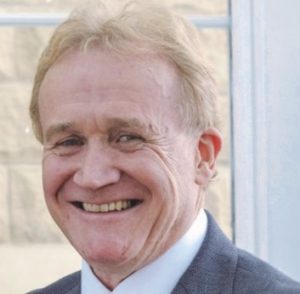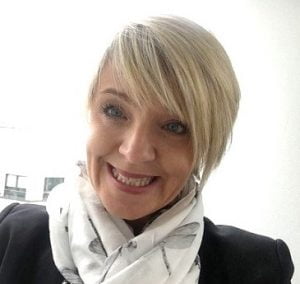The Independent Care Group
Social care providers can often struggle to have a unified voice with dozens of homes and domiciliary care organisations dealing with the same commissioners and facing the same challenges – but rarely speaking out in unison…
But in York and North Yorkshire a powerful representative organisation has ensured that social care providers in that area have a seat at the table when decisions affecting them are taken and expertise and information can be shared across the patch.
The Independent Care Group works with local authorities and the NHS in Yorkshire, ensuring that members concerns are heard when negotiating on fees and contract terms. But it also provides support for members around areas such as Care Quality Commission regulations, safeguarding issues, end of life care and dealing with complex legislation such as the Mental Capacity Act. Its pioneering work has led to joint work with councils to commission a “cost of care” exercise to inform fee increases.

Chair Mike Padgham is passionate about what the sector can contribute to the lives of people who need care. “We think as an organisation we are punching above our weight and we will continue to do that to get a better deal for our members and the public,” he says.

Lisa Pickard, a former housing association chief executive, has recently joined as chief executive. Like Mr Padgham, she is keen the organisation offers services which will save members money and avoid duplication.
“Our members are increasingly squeezed and trying to balance a number of pressures and priorities whilst ensuring the delivery of high quality care,” she says.
“Costs are a huge factor. They are under pressure to deliver increasingly complex services at lower costs despite rising running costs. And the amount of compliance and form filling just seems to increase.
“As well as ensuring their voices are heard and our Members get a fair deal, alongside our work to improve quality and safety, we also want to support members to be more efficient and reduce their overheads so that more of the squeezed income they receive is spent on actual delivery of care.”
The group has been able to negotiate reasonable fee increases for members and build up relationships and understanding with commissioners. “Local authorities, the NHS and CCGs are in a similar boat and we want to work in partnership to find new or better ways of working deliver better outcomes for local people,” says Ms Pickard.
Plans for the future include expanding membership across the rest of Yorkshire and offering additional services to members. The ICG is talking with North Yorkshire County Council about bursaries to support staff members to train as nurses part-time – which could help address workforce shortages. But they both acknowledge that what they can do will be against a backdrop of financial pressures on the sector, increasing concern about workforce and ongoing uncertainty about future funding as the government’s green paper is still awaited.
At the same time, a rising demand for home places and support at home will challenge the resources available. Recruitment and retention of staff is a key issue for many of the group’s members and could worsen after Brexit. The low rate of pay for staff – many are at minimum wage levels – is a concern.
“We want to do something about raising the status of social care workers,” adds Mr Padgham. “This year will be very tough – I have never known it so tough but sadly I think next year will be tougher still. I am confident that social care will have its day – it might take a long time but we will win in the end” he adds.
Working with Hempsons
Hempsons has been a preferred supplier to the ICG since 2011 and offers free initial consultations to its members and then discounted rates for further advice. It is also a sponsor of its annual conference in Harrogate on November 21 2018.
Continue reading other newsbrief articles:
Sleep-ins – what’s next?, Avoiding a war on two fronts, GDPR: are you compliant yet?
